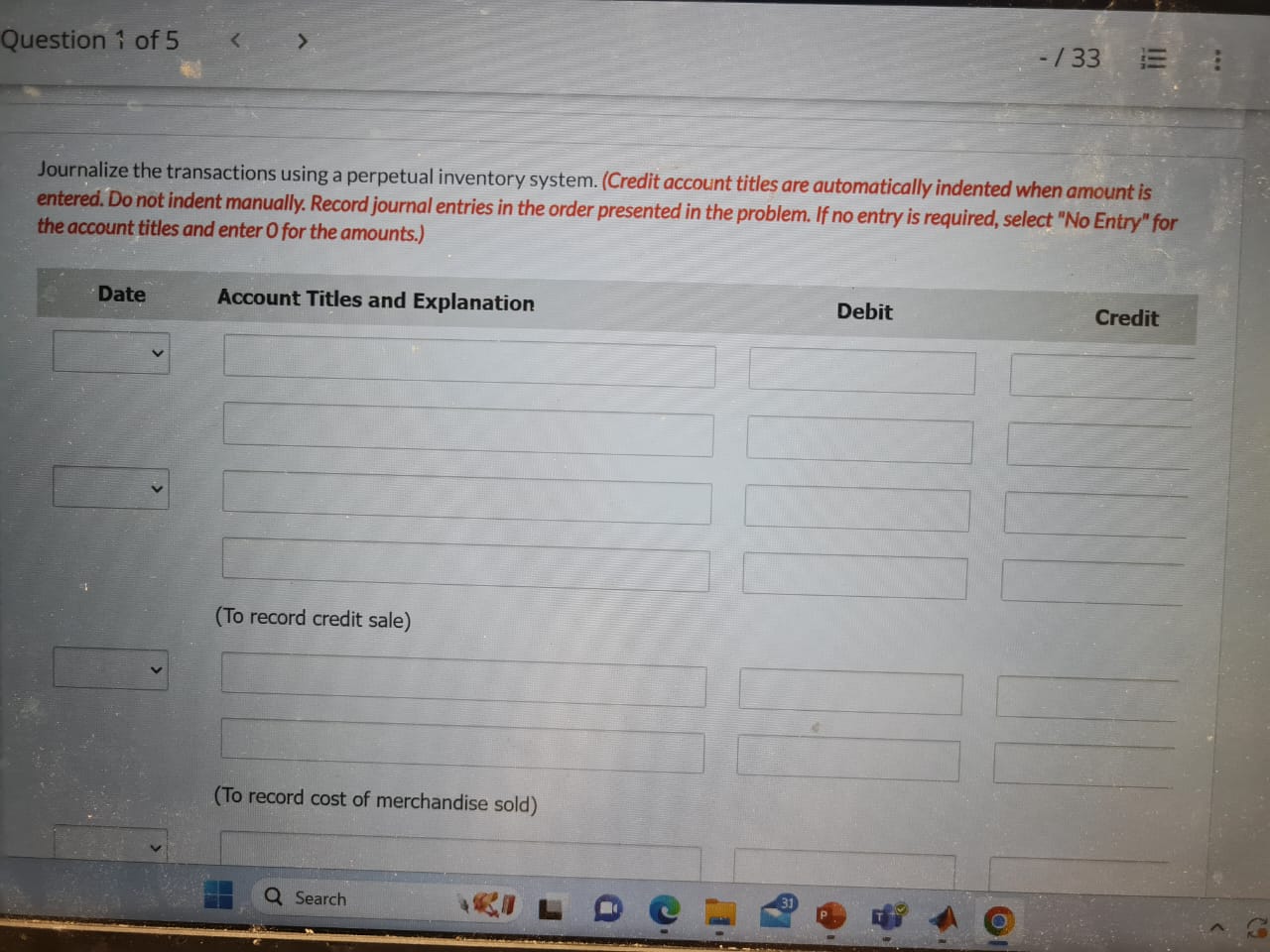Microsoft Leads Software Stocks As Tariff Safe Harbor

Table of Contents
Microsoft's Position as a Tariff-Resistant Tech Giant
Microsoft's success amidst tariff uncertainty is no accident. Its business model is inherently less susceptible to the immediate impacts of import and export duties. The company's dominance stems from its strategic focus on areas largely untouched by tariffs.
-
Focus on software licensing and cloud services (Azure): Microsoft's core revenue streams derive from software licenses and its rapidly expanding cloud computing platform, Azure. These are intangible assets, unaffected by physical import/export regulations. The global reach of Azure, in particular, further mitigates tariff risks associated with geographic location.
-
Minimal reliance on physical goods manufactured overseas: Unlike hardware companies reliant on global supply chains for manufacturing components, Microsoft's reliance on physical goods is minimal. This significantly reduces its exposure to tariff-related cost increases.
-
Strong international presence less susceptible to import/export issues: Microsoft operates globally, generating substantial revenue from diverse markets. This geographical diversification reduces the impact of tariffs imposed on specific countries or regions.
-
Diversified revenue streams minimize tariff impact: Microsoft's diverse portfolio of products and services ensures that the impact of any single tariff is diluted across its overall financial performance.
Microsoft's stock performance during periods of tariff uncertainty further validates this analysis. While other tech stocks experienced volatility, Microsoft demonstrated relative stability, reflecting its resilience to these trade-related headwinds.
The Software Sector's Advantages in a Tariff-Intense Environment
The software industry possesses inherent advantages that make it a relatively safe harbor during times of escalating tariffs. Unlike hardware, software development and distribution are less reliant on physical goods and complex global supply chains.
-
Lower physical manufacturing costs: The marginal cost of producing and distributing additional copies of software is significantly lower than that of manufacturing physical hardware.
-
Reduced reliance on global supply chains vulnerable to tariffs: Software development and distribution can often be decentralized, reducing the reliance on specific geographic locations for manufacturing and assembly.
-
Increased demand for cloud-based solutions, driving growth: The shift towards cloud computing fuels the growth of software companies like Microsoft, further strengthening their position in a tariff-challenged global market.
-
Digital nature of products making them less susceptible to trade barriers: The intangible nature of software makes it less susceptible to traditional trade barriers associated with physical goods.
Companies like Salesforce, Adobe, and Oracle, alongside Microsoft, are prime examples of software companies experiencing robust growth despite global tariff uncertainties. Their business models mirror the key advantages outlined above.
Assessing the Risks and Uncertainties for Software Stocks
While the software sector enjoys significant advantages, it’s crucial to acknowledge that even software stocks are not entirely immune to the broader economic impacts of tariffs.
-
Potential for indirect effects (e.g., reduced consumer spending): If tariffs lead to a general economic slowdown, consumer spending on software and cloud services may decrease, indirectly impacting software companies.
-
Impact on global demand for software services: Global economic uncertainty caused by tariffs can reduce demand for software services, particularly in international markets.
-
Geopolitical risks affecting international operations: Geopolitical tensions and retaliatory tariffs can still impact a company's international operations and revenue streams.
-
Regulatory changes affecting the tech industry: Increased regulatory scrutiny and potential antitrust actions in the tech sector can pose additional risks, irrespective of tariff levels.
Investors can mitigate these risks through careful due diligence, focusing on companies with diverse revenue streams, strong balance sheets, and a history of navigating economic downturns.
Investment Strategies for Navigating the Tariff Landscape
For investors interested in capitalizing on the relative strength of software stocks, a thoughtful approach is key.
-
Diversification across different software companies: Don't put all your eggs in one basket. Diversify your portfolio across several software companies to mitigate company-specific risks.
-
Considering long-term growth prospects rather than short-term volatility: Focus on companies with strong long-term growth potential rather than reacting to short-term market fluctuations driven by tariff-related news.
-
Analyzing company-specific factors beyond the tariff environment: Conduct thorough due diligence, assessing each company’s financial health, competitive landscape, and management team.
-
Consulting with a financial advisor: Seek professional financial advice to develop an investment strategy aligned with your risk tolerance and financial goals.
Promising software stocks to consider (always conduct your own thorough research before investing) include companies with strong cloud computing offerings, robust recurring revenue models, and a global presence.
Conclusion: Microsoft and the Future of Software Stocks as a Tariff Safe Harbor
Microsoft's strong performance underscores the resilience of the software sector in the face of escalating tariffs. The inherent advantages of the software industry – lower manufacturing costs, reduced reliance on global supply chains, and the digital nature of its products – position it as a relatively safe harbor compared to other sectors more directly impacted by trade wars. Software stocks, particularly those with a strong cloud computing focus and international presence, offer a potentially attractive investment opportunity in this uncertain global economic climate.
With the ongoing uncertainty surrounding global trade, consider exploring the potential of software stocks, like Microsoft, as a reliable part of your investment strategy in this tariff safe harbor. Further research into specific companies and consultation with a financial advisor are recommended.
[Link to relevant financial news site 1] [Link to relevant financial news site 2] [Link to Microsoft Investor Relations]

Featured Posts
-
 Seven Game Unbeaten Streak Ends For Portland Timbers In San Jose
May 16, 2025
Seven Game Unbeaten Streak Ends For Portland Timbers In San Jose
May 16, 2025 -
 Kid Cudis Jewelry And Sneakers Sell For Record Amounts At Auction
May 16, 2025
Kid Cudis Jewelry And Sneakers Sell For Record Amounts At Auction
May 16, 2025 -
 Athletic Club De Bilbao News Analysis And Match Coverage From Vavel Usa
May 16, 2025
Athletic Club De Bilbao News Analysis And Match Coverage From Vavel Usa
May 16, 2025 -
 Sergey Bobrovskiy 5 Y Sukhar V Pley Off N Kh L
May 16, 2025
Sergey Bobrovskiy 5 Y Sukhar V Pley Off N Kh L
May 16, 2025 -
 Chinas High Level Negotiations A Us Deal In The Making
May 16, 2025
Chinas High Level Negotiations A Us Deal In The Making
May 16, 2025
